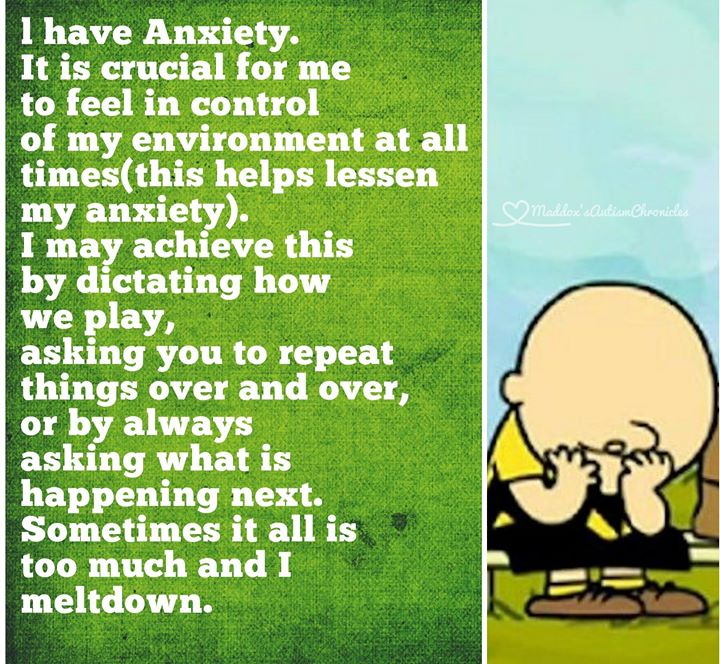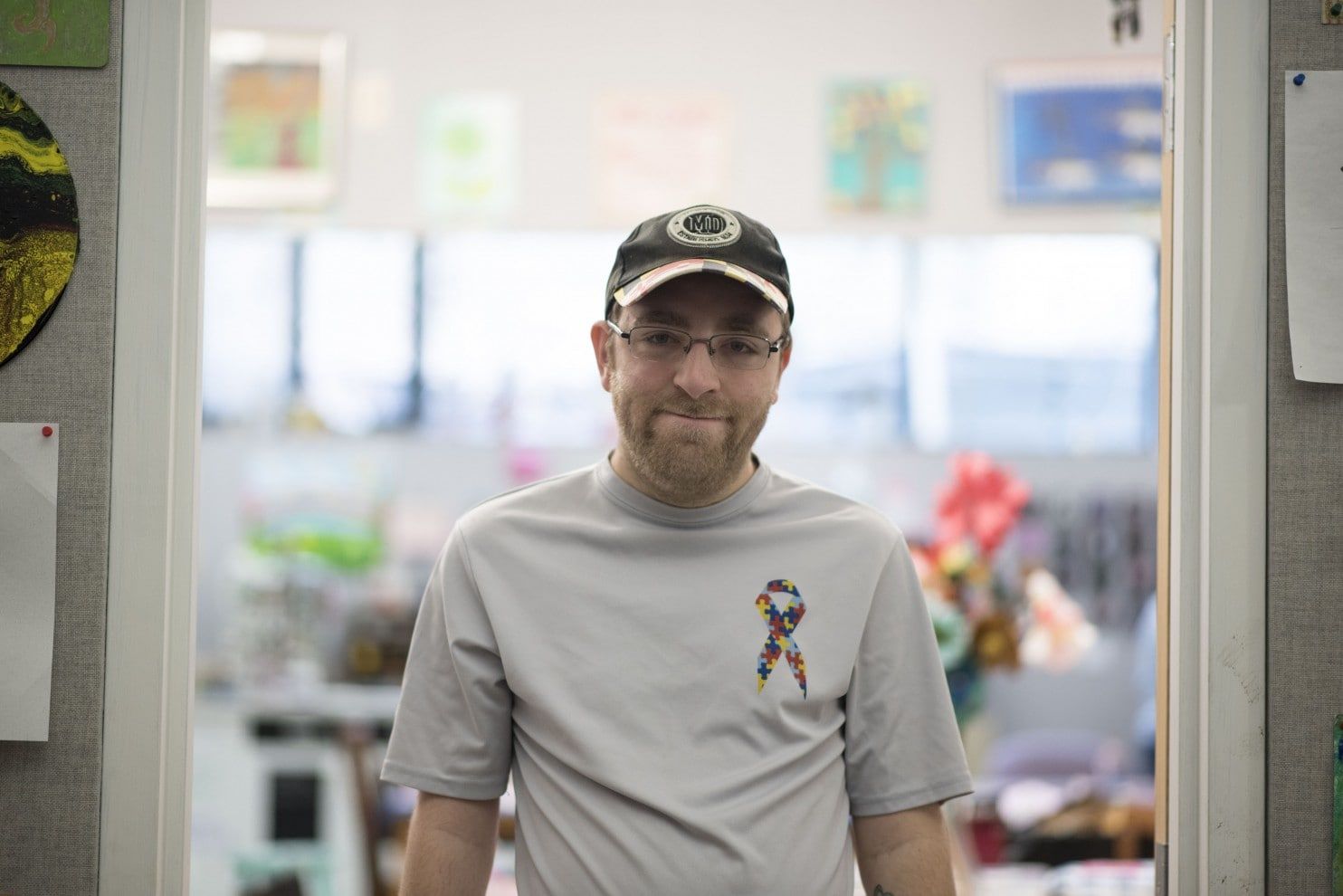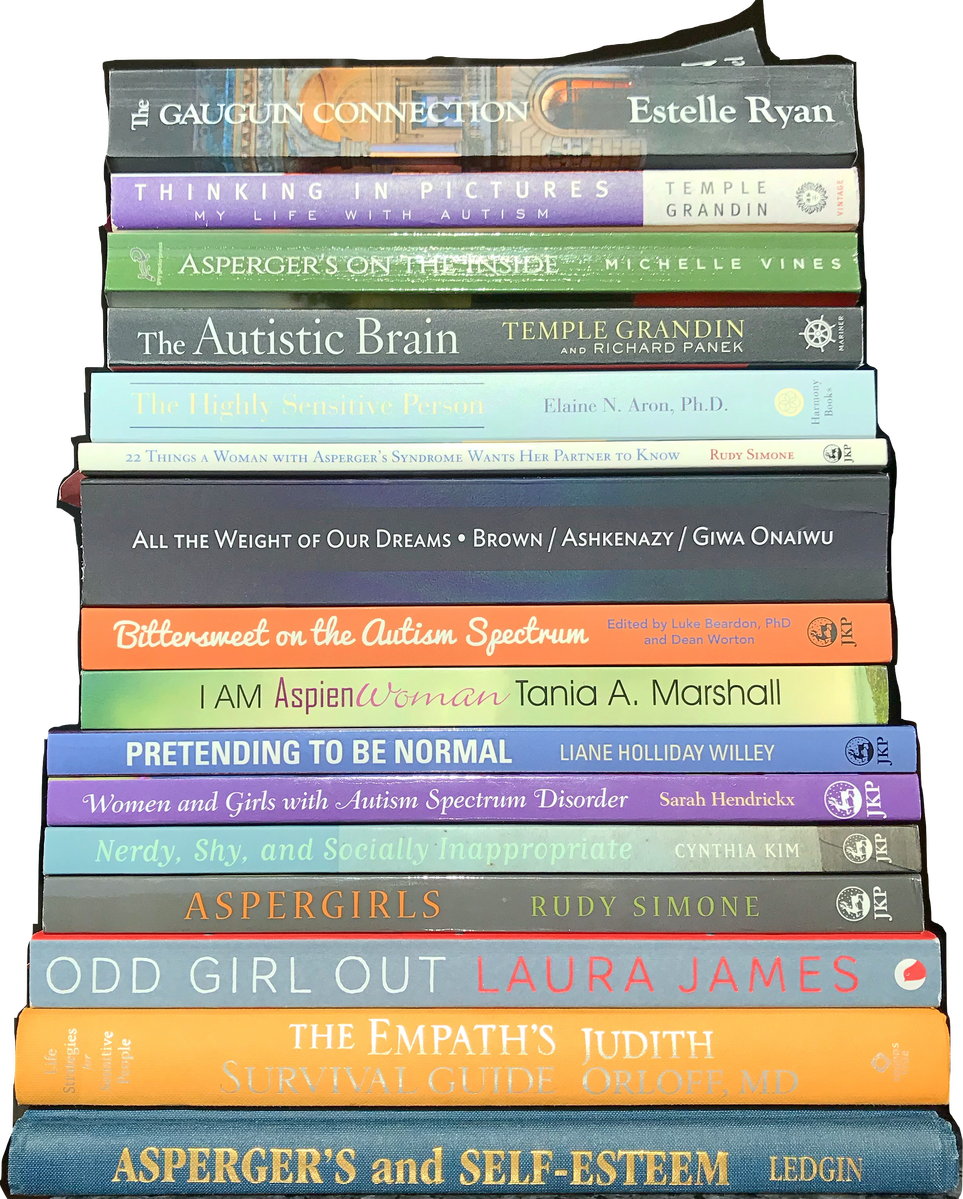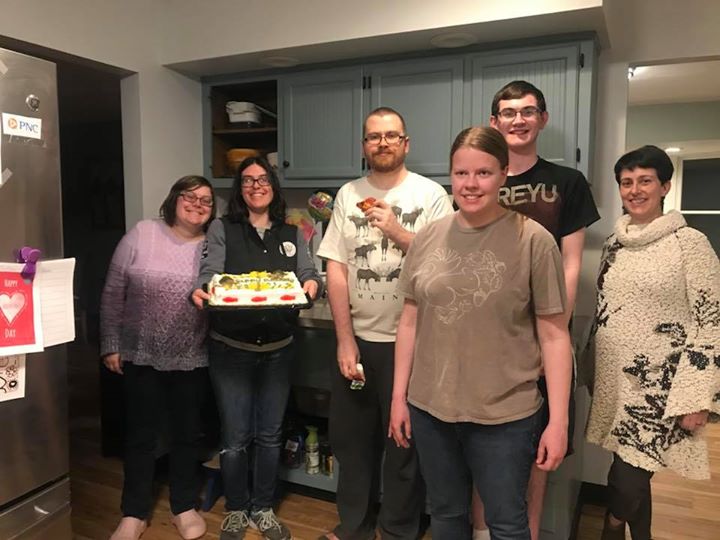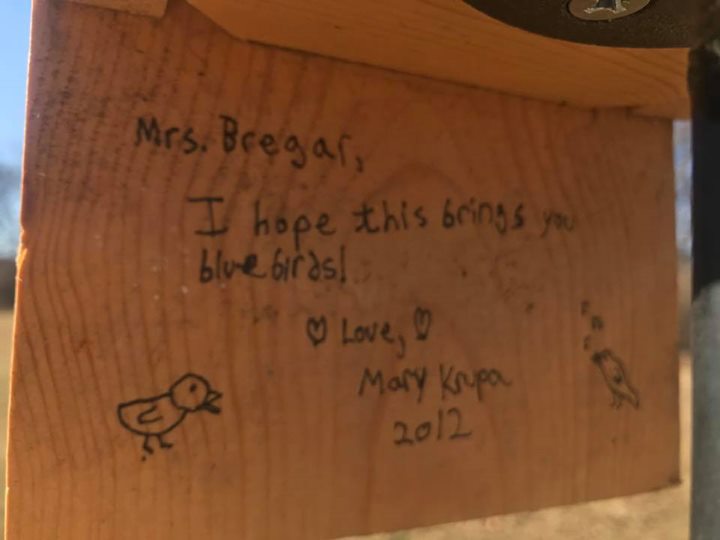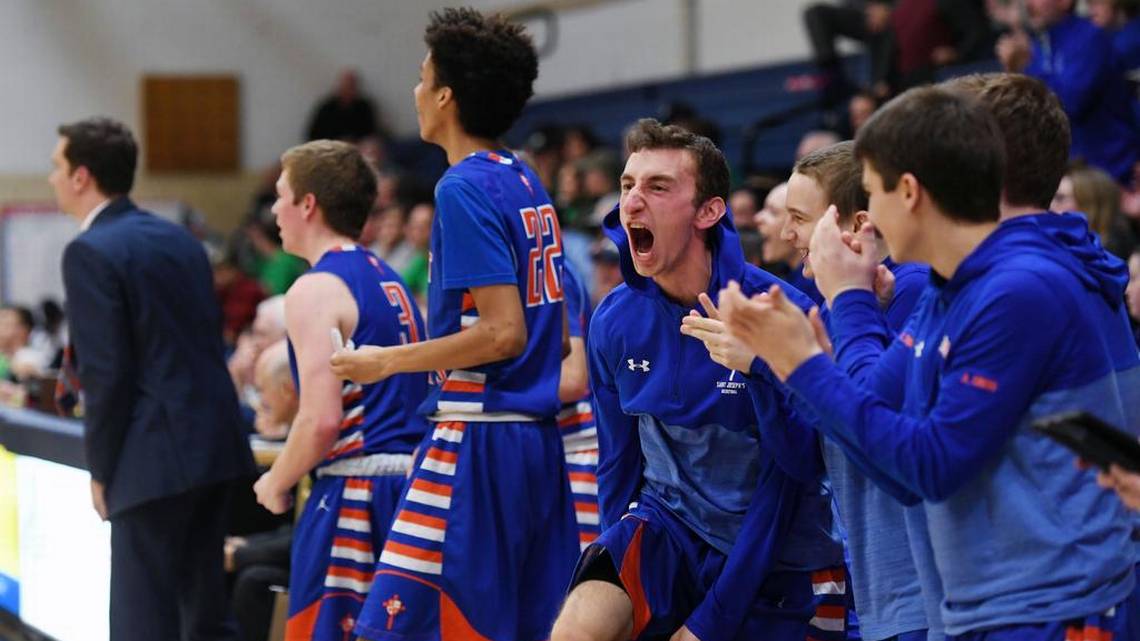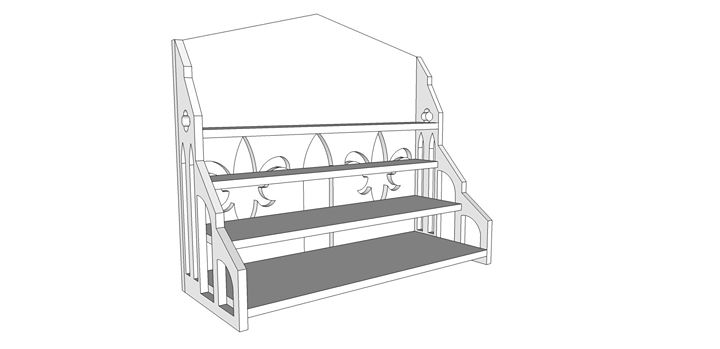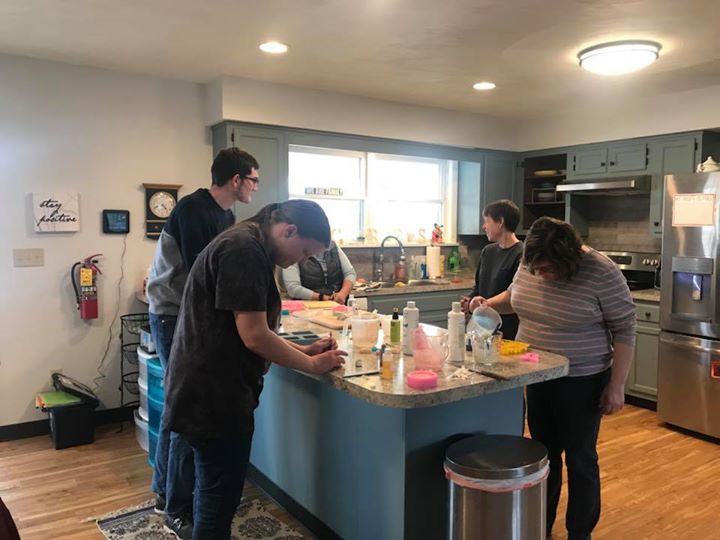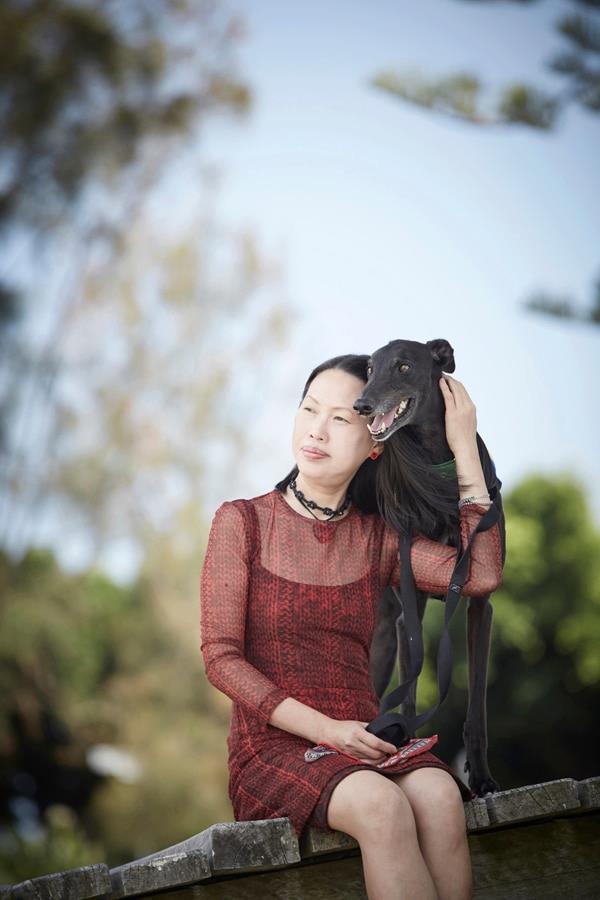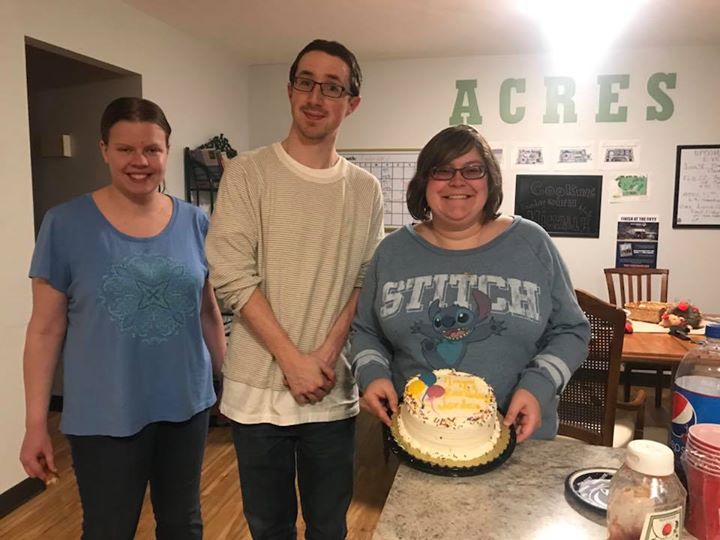News
Where are all the Autistic Women?
Bet Zua
Given that psychologists believe autism to be a male disorder, that research dollars are spent on cures rather than support, and that existing support is tailored to autistic children, it is not a wonder that so many adult women go undiagnosed, misdiagnosed, and late-diagnosed.
I myself was diagnosed at twenty-two when I had become so burnout from trying to act like a neurotypical woman that I developed severe depression, anxiety, agoraphobia, suicidal ideation, and was finally forced to leave my full-tuition university scholarship and drop out. Unfortunately, my story is common.
Most adult autistic women are not diagnosed until the facade of neurotypicality becomes so impossible to keep up that they develop a host mental and physical health issues. This means most women are not diagnosed until their late thirties, forties, and fifties.
Before my diagnosis, my self-esteem was nonexistent. I had within myself an intense desire to do good but felt so alien, wild, and strange to the world that I considered taking my own life for three years. Life in modern society is painful for the autistic brain. Since receiving my diagnosis, I have found other autistic women and, for the first time in my life, I have seen myself in another human’s experience. The community of autistics I have met these last few months have provided more understanding, community, and meaning than I ever believed possible. In my experience, there is no substitute for community. After a short lifetime of meticulously studying human interaction from a distance for fear of being ostracized, it’s a relief to talk with people whom I don’t have to constantly analyze and perform for. While before I had felt completely alone, I now see myself reflected in other human beings and we are beautiful.
I am learning that I am not defective as I have been made to feel. I am not a weak or broken neurotypical woman, I am a strong and resilient autistic. This is why visibility, representation, and community are absolutely vital.
TO READ THE RESOURCE BOOK LIST of blogger " the guide I wish I had when first learning about autism" CLICK https://cubiccentimeters.wordpress.com/2018/02/26/book-recommendations-for-autistic-women-allies/
PHOTO Books
listed top-bottom
What if the World Stopped Seeing Autism as Abnormal? Many People with Asperger's Syndrome or Autism Embrace their Condition. They Seek Respect for 'Neurodiversity', Not a Cure
Even after Dawn-joy Leong was diagnosed with Asperger's syndrome in her early 40s, she felt there was something missing. The description was too pathological, too focused on the gaps. Everything she valued about herself, including how she saw the world – patterns within patterns – was called an impairment.
She didn't think she was impaired. She has challenges, sure: being in a crowded room is like experiencing a Wagner opera, a bombardment of sound from every direction. She'd rather be somewhere quieter, where she can distinguish conversation as if she is picking out the harmonies of a four-part Bach piece.
Leong, an artist, was researching autism in 2007 for her multimedia composition Scheherazade's Sea, which portrays her world from the inside out. Just like the famous storyteller, she survives the social world by spinning narratives others want to hear.
In her research one day, she came across 'neurodiversity' for the first time. A radically simple concept, coined by Australian sociologist Judy Singer in the 1990s, neurodiversity states that conditions like autism are natural brain variations, not brain malfunctions.
“Finding out about neurodiversity was life-changing,” says Leong. “I wasn't ill. It's just a neurological difference. It's like having a Mac computer operating system when other people run Windows.”
She stopped using labels like “high functioning” and “low functioning”. They define a person's abilities by how much they can mimic “neurotypical” behaviour – the name given to people with neurologically common brains.
For Full Story, Go To https://www.sbs.com.au/news/feature/different-way-thinking
Photo: Dawn-joy Leong wearing a red dress and seated on a brick wall next to her greyhound support dog, Lulu
Like and Share Jason's Connection Facebook page https://www.facebook.com/JasonsConnection and visit our site www.jasonsconnection.org


